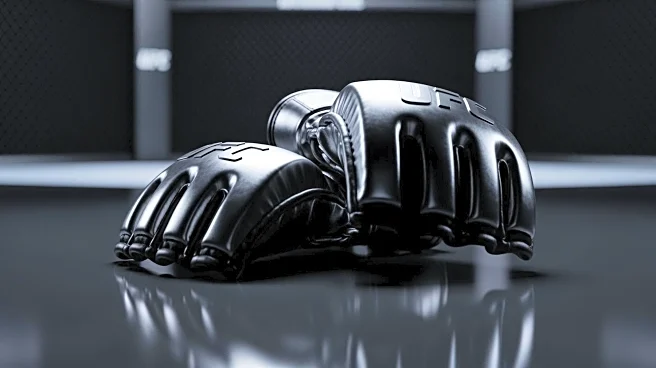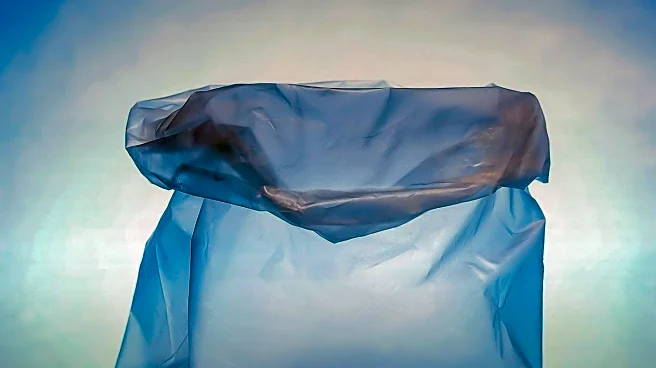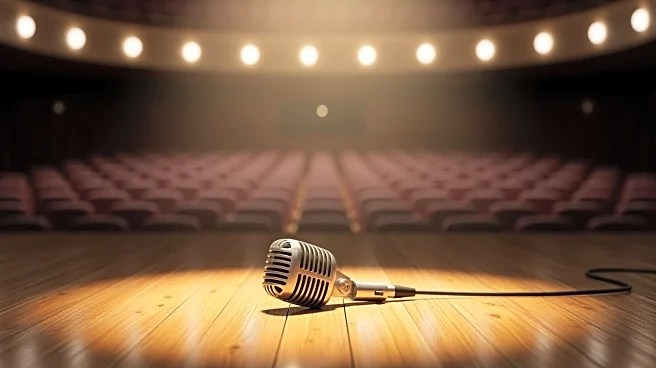What's Happening?
Dana White, the president of the Ultimate Fighting Championship (UFC), is facing criticism for his decision to release Muhammad Mokaev, a promising flyweight fighter, from the organization. Mokaev, who
was undefeated in the UFC with a seven-fight win streak, was cut from the promotion after a victory at UFC 304. White cited Mokaev as being difficult to work with behind the scenes. Since his release, Mokaev has returned to Brave CF, where he began his professional career, and has continued to excel, securing three consecutive wins and becoming the Brave CF flyweight champion. The UFC's flyweight division, currently led by Alexandre Pantoja, is in need of new contenders, making Mokaev's release even more controversial.
Why It's Important?
The decision to release Mokaev has significant implications for the UFC's flyweight division, which is reportedly lacking in fresh talent. Mokaev's continued success outside the UFC highlights a potential oversight by the organization in maintaining competitive depth within the division. This situation underscores the challenges faced by sports organizations in managing athlete relations and the potential consequences of such decisions on their competitive landscape. The UFC's ability to attract and retain top talent is crucial for maintaining its status as a premier mixed martial arts organization, and decisions like Mokaev's release could impact its reputation and operational strategy.
What's Next?
As Alexandre Pantoja prepares to defend his title against Joshua Van at UFC 323, the outcome of this fight could influence the UFC's decision-making regarding Mokaev. Should Pantoja emerge victorious, the lack of contenders in the flyweight division may prompt the UFC to reconsider Mokaev's potential return. However, Dana White's historical reluctance to reverse decisions may pose a challenge to Mokaev's re-signing. The UFC's next steps will likely depend on the evolving dynamics within the flyweight division and the organization's strategic priorities.









